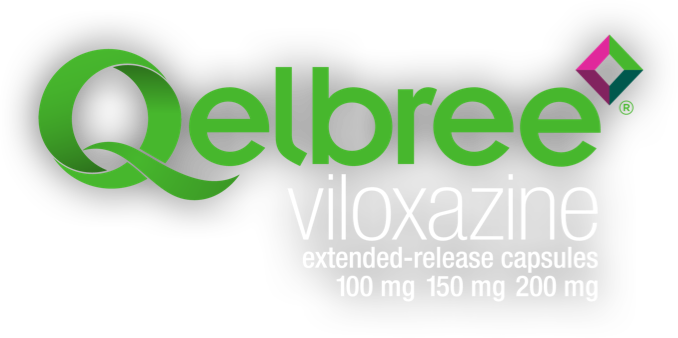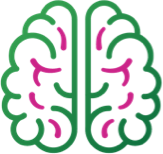
Understanding ADHD
The better you understand ADHD, the better you can help your child navigate their ADHD.
What is ADHD?
ADHD (attention-deficit/hyperactivity disorder) is a neurodevelopmental disorder, or a condition that affects how your brain grows and changes throughout your life.
Did you know? “Neuro” means “nerves.”
ADHD is characterized by an ongoing pattern of one or more of the following types of symptoms:
- Inattention, such as having difficulty paying attention, keeping on task, or staying organized
- Hyperactivity, such as often moving around (including during inappropriate times), feeling restless, or talking excessively
- Impulsivity, such as interrupting, intruding on others, or having trouble waiting one’s turn
Not everyone with ADHD experiences these symptoms the same way. Some kids and teens struggle more with inattention, while others struggle more with hyperactivity and impulsivity.
There are often differences in how young girls and boys experience ADHD, too. You can learn more about those differences here.
Is your child’s ADHD treatment meeting their needs?
Are things working like they should be? Or is it time to talk to their doctor about other options? Consider the questions below to help you assess the effectiveness of your child’s current treatment.

Have your child’s ADHD symptoms been effectively managed in the last 6 months?

Has your child experienced negative side effects from their current ADHD medications?

Is it difficult to maintain a consistent treatment schedule with your child’s current ADHD medication?

Has your child ever abused, misused, or become dependent on their ADHD medication?
If your child continues to struggle with ADHD symptoms, talk to their doctor to see if Qelbree is right for them.

The support they need to be
unstoppable
Helpful reminders for caregivers of kids with ADHD
Your child may feel sad or angry about having ADHD. It’s important to remind them that their symptoms and struggles aren’t their fault. In fact, nearly 80% of people with ADHD inherited the condition from a family member, which means most people who have ADHD are born having it.
In the same way that another child might need eyeglasses to see, your child may need ADHD treatment to help them with their symptoms.
Your child’s feelings and reactions should be considered when making decisions about ADHD treatment. Including them in the discussion can make them more comfortable with their treatment. Be sure to ask them if their current treatment is helping or if they are experiencing side effects. Additionally, check in with your child to see what symptoms continue to affect them, even with their current treatment.
Some parents may consider giving their child a “drug holiday”—or a planned break from ADHD treatment. Because this can worsen ADHD symptoms and have other negative effects, you should have a conversation with your child and their doctor before considering a break.
ADHD can be a stressful journey. Your child needs your support. But you need support, too. Be honest with your child’s doctor about your child’s symptoms and ask questions. Work with your child’s school staff so they’re aware of your child’s condition and any possible accommodations.
Did you know?
ADHD can present differently in girls and boys


